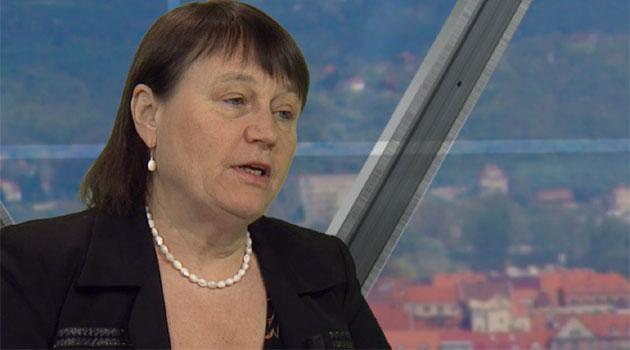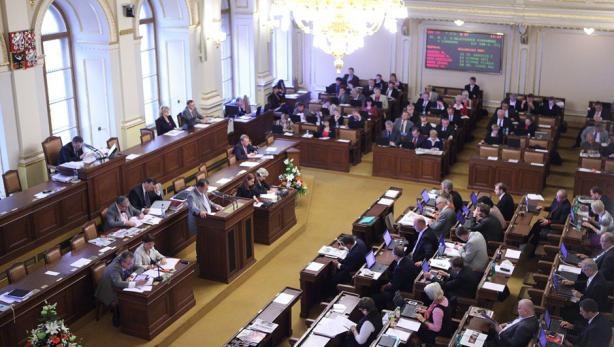Czech ombud: Number of Romani children in special education must be reduced

Anna Šabatová, the Public Defender of Rights (ombud) wants the Czech Republic to reduce the number of Romani children attending what used to be called "special schools" (today’s so-called "practical schools") because the state should assist them with undergoing classic instruction in the primary schools. The former "special schools" are intended for children with mild mental disability, not for schoolchildren who are not disabled and just need help, Šabatová said in a statement for the Czech News Agency.
The Education Ministry is intensively involved in this issue and will submit its Action Plan to the cabinet session on Monday for measures to take with respect to the education of Romani children, pupils and students in 2015 – 2017. The ombud is welcoming the fact that a proposed amendment to the Schools Act will introduce support measures to the schools that will be free of charge for children with special educational needs.
Šabatová also believes it is necessary to reduce the numbers of children in classrooms overall so teachers can give more time to them individually. She believes that not just Romani children but other preschoolers as well would be aided by the introduction of an obligatory year of preschool education.
Such a change, however, should not be some sort of extra preparation, according to the ombud, but should involve the preparation of all children for the transition from nursery school to primary school. Czech Education Minister Marcel Chládek (Czech Social Democratic Party – ČSSD) is counting on introducing a mandatory final year of preschool education, but it will depend on increasing the capacity of preschool facilities.
The proposed amendment to the Schools Act would anchor into law the opening up of access to "preparatory classes" for all children, not just the socially disadvantaged. In her statement, the ombud recalled that seven years ago the European Court of Human Rights (ECtHR) found against the Czech Republic for the indirect discrimination of Romani children from the Ostrava area who had to attend “special school” even though there was no legitimate reason for them to do so.
At the time, representatives of the Czech Republic were unable to explain to the court why 56 -70 % of the pupils attending “special schools” in the Ostrava area during the 1990s were Romani. The court ordered the state to compensate each of the 18 Romani children whose cases it reviewed EUR 4 000 for being wrongfully enrolled into “special school”.
Šabatová emphasized that the situation in the country has not changed much since then. “When I am abroad in my role as Public Defender, everyone I meet asks me about the issue of Romani children’s education,” she said.
The ombud also recalled that the European Commission asked the Czech Government for an explanation in September as to why the segregation of Romani children in primary schools is continuing in the Czech Republic. The ministry’s response to the Commission said that Brussels’ criticisms were of the current law, which was drafted by previous administrations, and emphasized that the current Government has introduced pro-inclusion measures.
The Public Defender pointed out that a wrongful situation persists with respect to segregated education. Non-governmental non-profit organizations recently also warned of this on the seventh anniversary of the ECtHR judgment in the case of “D.H. and others versus the Czech Republic”.
The organizations pointed out that Romani children continue to comprise roughly one-third of “practical school” pupils in educational facilities that should only be attended by pupils with mild mental disability. Šabatová’s predecessor, Pavel Varvařovský, ordered a survey of 67 former “special schools” in the Czech Republic two years ago which revealed that 35 % of their pupils were Romani.
Varvařovský emphasized that “there is no scientific justification for a significantly higher occurrence of mild mental retardation among a particular ethnic group compared to the rest of the population.” Šabatová says Romani people comprise between 1.4 % and 2.8 % of the population of the Czech Republic.
